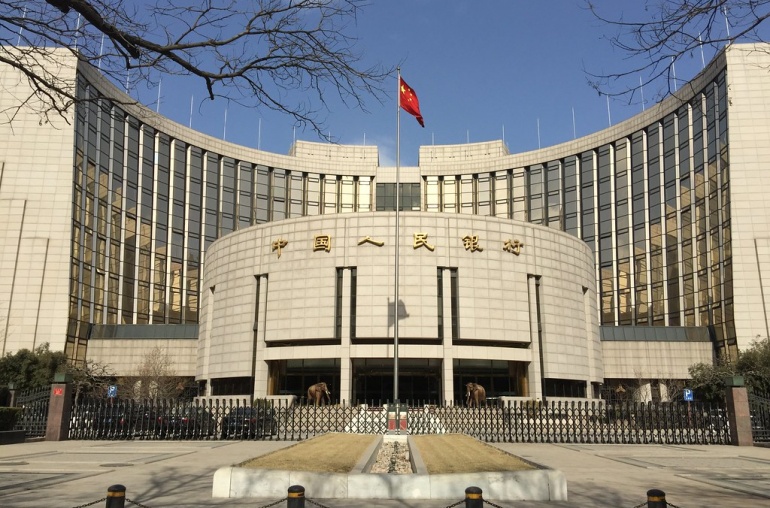
The moniker central bank digital currency (CBDC) was coined to introduce the concept of a digitized version of physical fiat currency as we know it and as the name implies, this digital currency is intended to be rolled out by a country’s central bank. In the US, the American Bankers Association (ABA) has voiced its concerns over not only the existence of a digital dollar, but also the US Federal Reserve’s monopoly over the creation and distribution of the CBDC.
Submitting a statement early this month for the “Inclusive Banking During a Pandemic: Using FedAccounts and Digital Tools to Improve Delivery of Stimulus Payments” hearing which took place on June 30, the ABA is of the opinion that the Fed should not be have full authority over the digital dollar, as it is not “positioned” as a retail bank and essentially would not be able to serve the public to the fullest extent. Moreover, the ABA hints that the security risks that come with a digital currency is something that the Fed is currently unprepared for. At the same time, a digital currency threatens the economy’s financial stability while doing nothing to improve financial inclusion for the unbanked in the US.
“FedAccount and digital dollar proposals are well-intentioned but ineffective responses to the challenges identified by supporters. They look to provide more efficient COVID relief, but would take far too long to implement to have any meaningful effect. They look to promote financial inclusion but take a narrow view of the problem and would ultimately undermine it. They seek to speed up payments while ignoring the cross-industry efforts that are already underway and delivering for consumers,” the statement reads.
Chris Giancarlo, who made headlines last month as the founder behind the Digital Dollar Foundation and introducing a Digital Dollar Project proposal in collaboration with Accenture, was given a chance to read his testimony at the virtual hearing. An antithesis to ABA’s statement, Giancarlo is certain that a digital dollar will boost financial inclusion and in order to do this, utilizing a digital wallet is essential and while not mentioned in his statement, a FedAccount is clearly one digital wallet option to consider.
“Given their relatively limited but critical functionality, there are efficiencies associated with digital wallet services that policymakers should consider, particularly given the range of programs and government benefits that can be distributed utilizing wallet services. This would also allow private sector providers certain opportunities and advantages to expand coverage of such services to un-or under-banked populations that have access to mobile devices,” he said.
Congress has not yet made a final decision regarding the topic. US Fed Chairman Jerome Powell said during an online meeting two weeks ago that the digital dollar should be led by the central bank and not by the private sector. The Fed is aware of the intricacies and implications that may arise from the introduction of a CBDC but also admits that the US needs to be on top of necessary technological advances, and that is the reason why the Fed is approaching the digital dollar project cautiously.
You may also want to read: EU to Target Global Stablecoins in New Regulations


